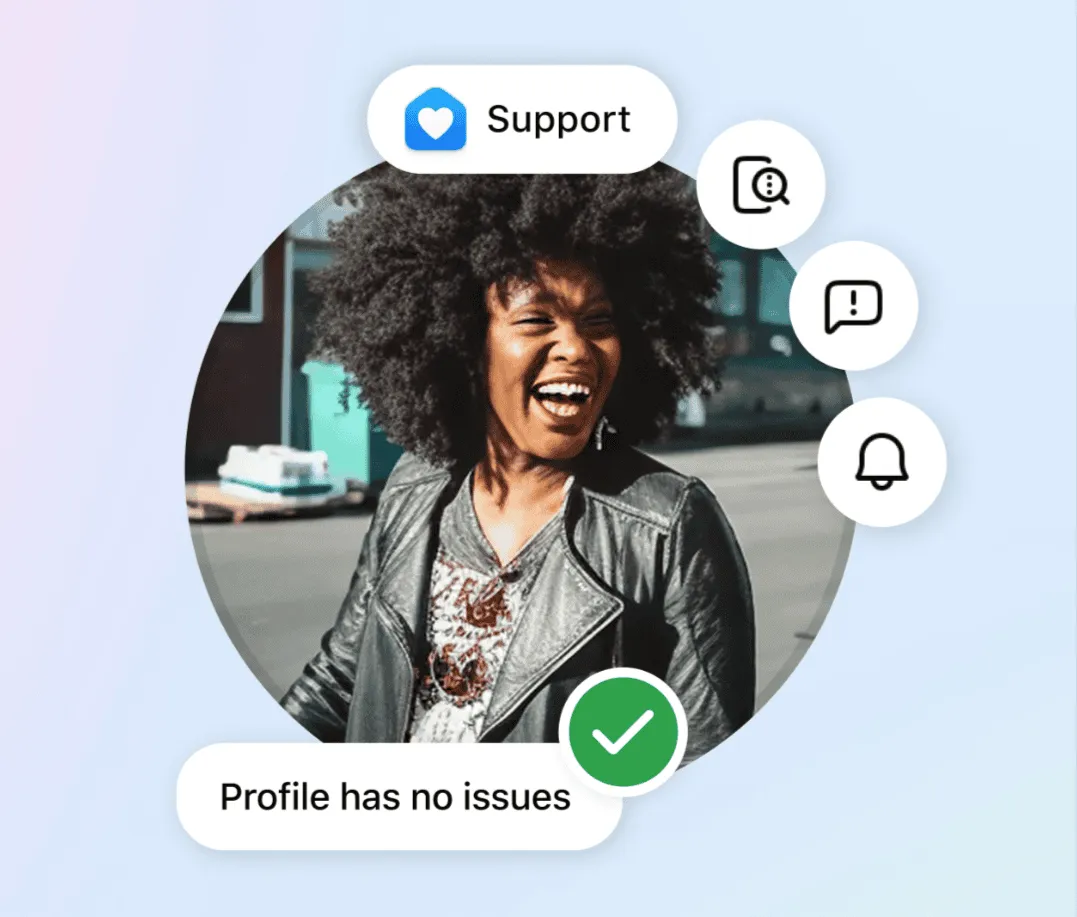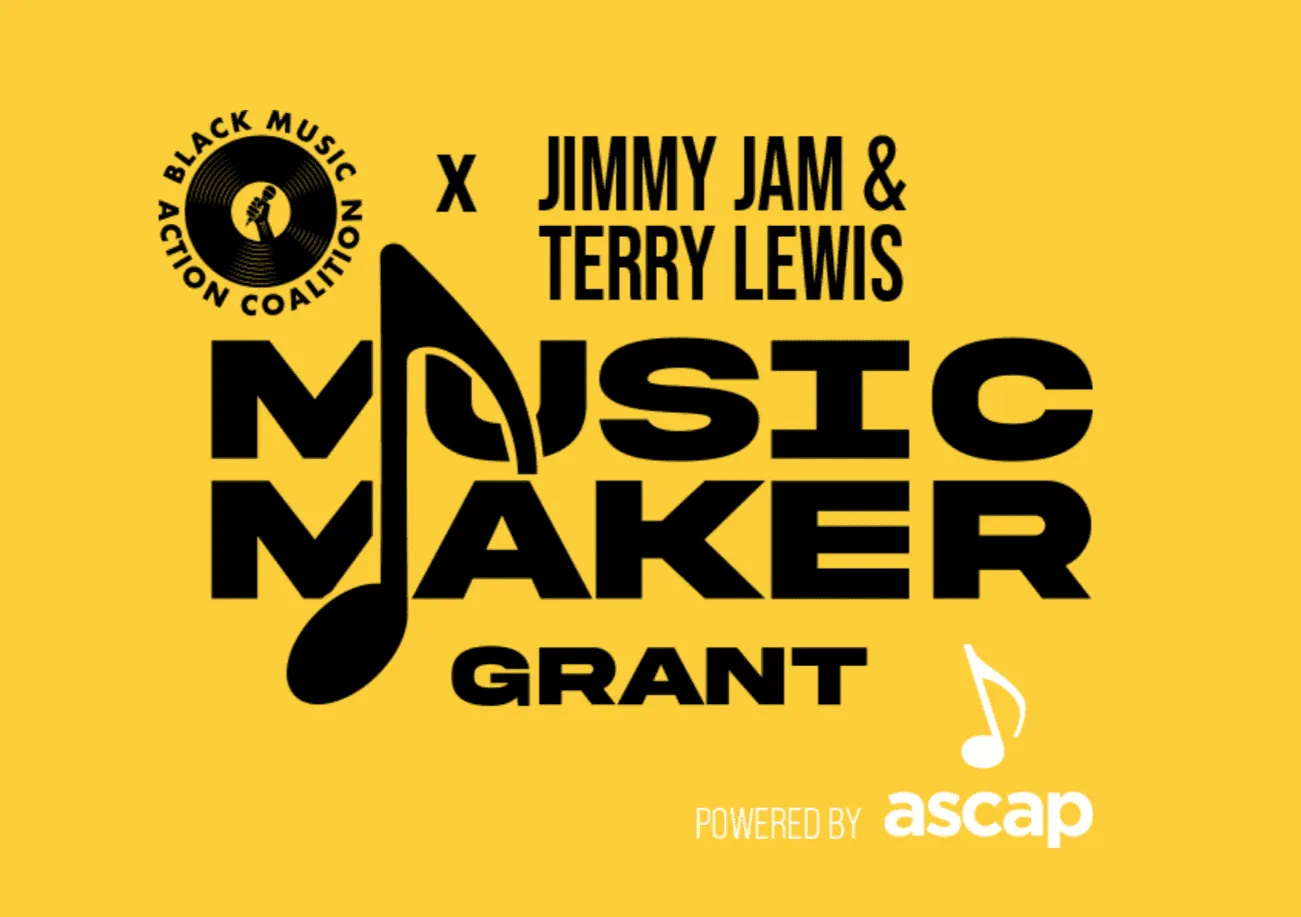Today, I read an article that argued the evolution of music has split musicians into two groups—the “artists who stay true to their music and those who conform in order to make money.” This is a fairly common argument, either you are making music that’s more artistic and nuanced—not for everybody—or you are going with the trends and trying to increase the commercial viability of your music, in hopes of breaking into the mass-market. If I understand the author, they are arguing that there is even more pressure for artists to conform now than ever.
That seemed like a good point to be made if it were 1999, when either you sounded like Limp Bizkit or *NSYNC; otherwise, you had no chance of getting your music heard. You know, the world was still ruled by commercial radio and MTV. To me, I would argue that there is less pressure for artists to conform to popular trends, because there are so many other channels to promote your music on. It depends on whether or not you are aiming to get your songs by the mass public. By and large though, we all exist in this space because we believe in maintaining artistic integrity and exist outside of the mainstream market.
Do you think that there is more pressure on artists to conform in order to get their music heard? Or, is the web fulfilling its premise and allowing artistic music to find its own tribes of loyal fans?




